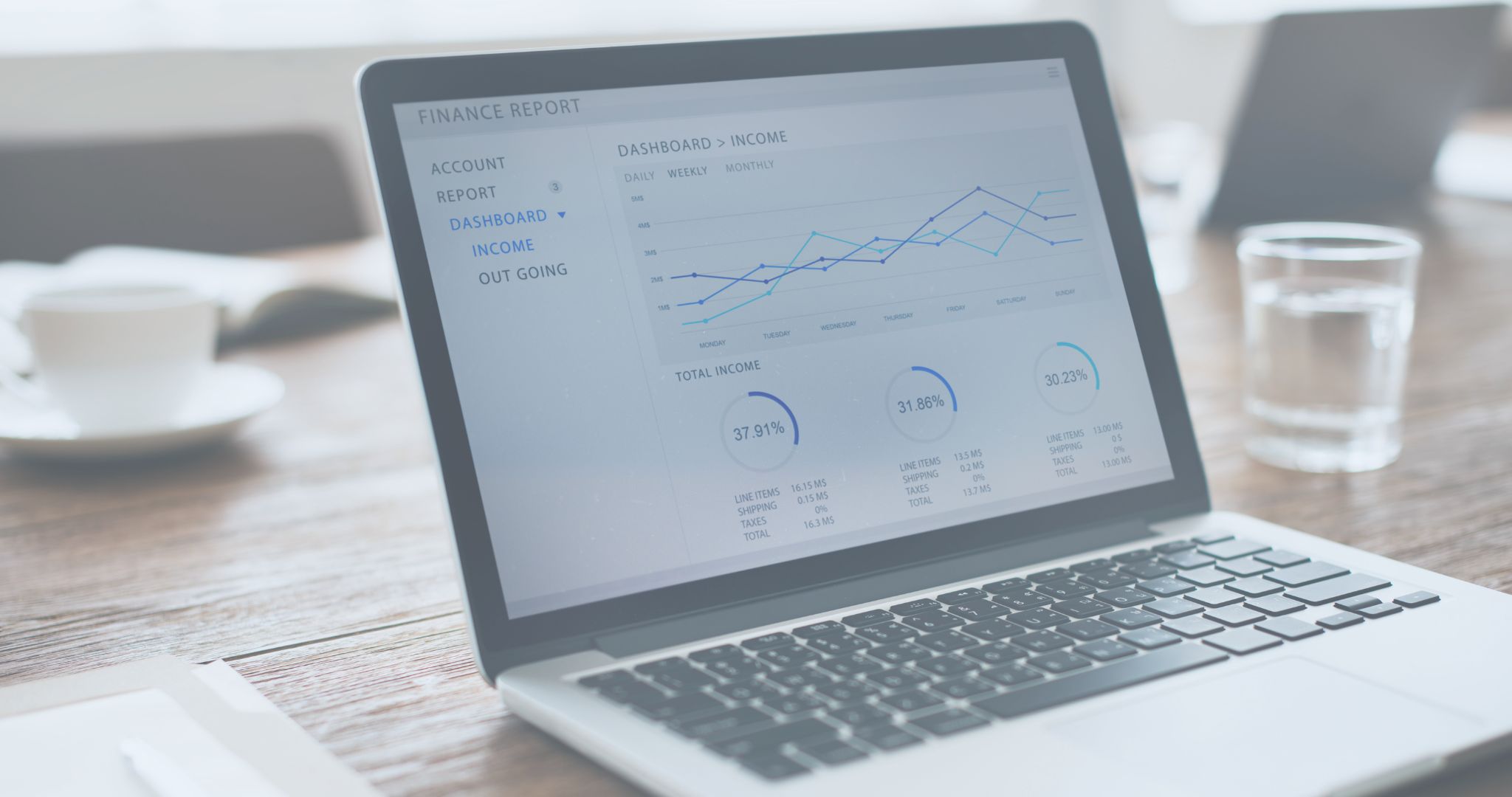Power BI vs Competitors: Tableau, QlikView, and More
1. What Do Power BI, Tableau, and QlikView Have in Common?
Purpose
All three platforms are designed to handle large datasets, visualize key performance indicators (KPIs), and create analytical reports.
Example: Integration with data sources (ERP, CRM, databases, Excel).
Outcome: Users gain a convenient tool for data-driven decision-making.
Interactive Reports
All platforms provide modern charts, dashboards, and drill-down capabilities.
Automation and Integrations
Support for automated report updates and seamless integration with an organization’s IT ecosystem.
3. Power BI's Key Advantages
Affordability
Example: Power BI Pro costs about $10/user per month, making it one of the most affordable tools.
Outcome: SMBs can adopt it with minimal investment.
Extensive Integration
Example: Seamless connection to Excel, Microsoft Teams, SharePoint, Dynamics 365, and Azure.
Outcome: Companies already using Microsoft products maximize their benefits.
Ease of Use
Example: Intuitive interface with numerous prebuilt templates.
Outcome: Beginners can quickly create dashboards and reports.
Scalability
Example: Adapts easily from one user to corporate solutions with thousands of employees.
Outcome: The platform grows alongside your business.
Regular Updates
Example: Monthly feature updates and enhancements from Microsoft.
Outcome: Continuous improvements to meet market demands.
4. When to Choose Tableau or QlikView?
Tableau
Ideal for organizations where visualization is critical.
Preferred by large enterprises and designers who prioritize aesthetic reports.
May pose a steeper learning curve for beginners.
QlikView
Excels in data processing and complex logic.
Suitable for technical specialists and companies handling extensive datasets.
More challenging setup but reliable for enterprise-level analytics.
5. Choosing the Best for Your Business
Power BI
If you need an affordable, user-friendly tool with extensive integrations and features, Power BI is your best bet.
Perfect for SMBs and companies already using Microsoft 365.
Tableau
Choose Tableau if your priorities include detailed visualization and robust design tools, especially for enterprise clients.
QlikView
Best for companies working with large datasets requiring advanced processing logic, despite its higher entry barrier.
Conclusion
When deciding between Power BI, Tableau, and QlikView, consider your business needs, budget, and technical team capabilities. Power BI is an accessible and straightforward tool for SMBs, Tableau excels in visualization for corporate users, and QlikView offers powerful analytics for tech-savvy users. Each platform has unique strengths, and the right choice depends on your specific goals and resources.
September 19, 2025
The Benefits of Integrating ERP with CRM and Other IT Systems
Integrating ERP with CRM and other IT systems creates a unified business ecosystem. Learn how data unification and process automation enable companies to make better decisions, optimize operations, and reduce costs.
Automating Customer Service with Chatbots
A 24/7 chatbot can significantly reduce the workload of your support team by handling routine inquiries, taking orders or reservations, and collecting initial customer data. Discover how exactly a bot speeds up interactions, boosts service quality, and reduces staff workload.
Working with Visuals: Principles for an Attractive Profile and Feed
Your social media aesthetic greatly influences whether people will follow and interact with your content. Learn how style, branded elements, and a cohesive concept boost brand recognition and help you stand out in a competitive environment.
Instagram Ads: How to Create Visually Appealing, High-Converting Ads
Instagram advertising demands compelling visuals and insight into your target audience. Discover how to develop effective Stories, Reels, and promoted posts that not only capture attention but also drive sales.


